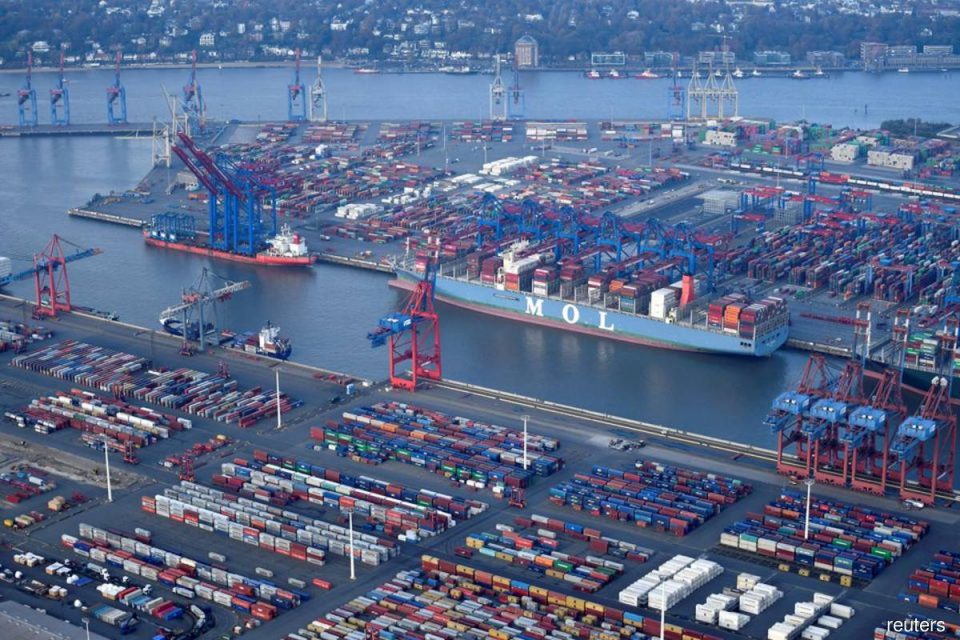KUALA LUMPUR (July 22): Labour issues at cargo ports could prolong shipping bottlenecks and temporarily reduce volumes, said Fitch Ratings.
In a statement on Thursday (July 21), the rating agency said global ports are sensitive to labour-related disruptions as they are still clearing residual pandemic-related backlogs with shippers entering their peak season.
However, it said stable, contractually guaranteed revenues and robust liquidity will limit the effects on port credit profiles.
Fitch said that in the United States, the International Longshore and Warehouse Union (ILWU) and Pacific Maritime Association (PMA) continue to negotiate a new contract following the expiration of their prior contract on July 1.
It said both parties announced that operations will continue, despite the failure to agree to a contract extension, but the risk of disruptions remain as long as an agreement has not been reached.
The firm said the negotiations affect 29 West Coast ports, the largest of which are Port of Los Angeles and Port of Long Beach, which together handle roughly 30% of US container volume.
It said major points of negotiation are salary increases and cargo handling automation.
No end date for negotiations is set but market reports indicate a new contract may be in place by August or September, it added.
Fitch said twenty-foot equivalent units (TEUs) at US ports remain elevated this year compared with 2019 and early 2020, and US port import volumes are expected to tick up as retailers stock up for back to school and holiday season sales.
It said stronger volume growth for East Coast ports beginning in the third quarter of 2021 was the result of shippers rerouting some cargo from the West Coast ports to avoid congestion and adjusting ahead of contract negotiations.
East Coast and West Coast port TEUs were up 9.9% and 0.4%, respectively, this year through May 2022 versus the same period in 2021.
Meanwhile, Fitch said global port congestion and high shipping rates are expected to persist into 2023 with continued uncertainty in the supply chain.
It said these dynamics give labour more leverage in negotiations, and higher wages as part of new contracts could increase shipping costs and shift competitive dynamics over time.


